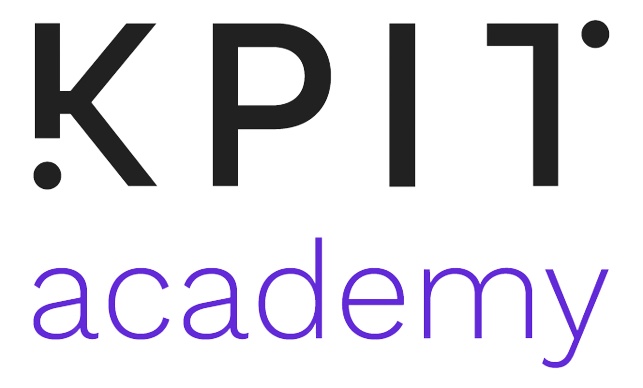
The Use of Compiler Optimizations for Embedded Systems Software
KPIT25 reviews
Start : Mar 27,2023
About This Course
Introduction:
- Welcome to "The Use of Compiler Optimizations for Embedded Systems Software" course! In this course, we delve into the critical role that compiler optimizations play in enhancing the performance, efficiency, and reliability of software running on embedded systems. Embedded systems are ubiquitous in modern technology, powering devices ranging from smartphones and automotive electronics to medical devices and IoT gadgets. Optimizing software for these systems is essential to meet the stringent constraints of resource limitations while delivering optimal functionality.
Course Overview:
- Throughout this course, you will gain a comprehensive understanding of compiler optimizations and their application in the context of embedded systems software development. We will explore various optimization techniques, algorithms, and tools used by compilers to improve code performance and reduce memory footprint. From basic optimizations like loop unrolling and function inlining to advanced techniques such as vectorization and parallelization, you will learn how to leverage these optimizations effectively to enhance the efficiency of embedded software.
Key Topics Covered:
- Fundamentals of Compiler Optimizations: Understanding the principles and mechanisms behind compiler optimizations.
- Optimization Techniques for Embedded Systems: Exploring optimization strategies tailored to the constraints of embedded systems, including code size, power consumption, and real-time performance.
- Performance Analysis and Profiling: Techniques for evaluating the effectiveness of compiler optimizations and identifying performance bottlenecks in embedded software.
- Memory Management and Optimization: Strategies for optimizing memory usage in embedded systems through compiler optimizations.
- Advanced Optimization Techniques: Delving into advanced optimization techniques such as loop optimization, instruction scheduling, and register allocation.
- Practical Applications and Case Studies: Real-world examples and case studies demonstrating the impact of compiler optimizations on the performance and efficiency of embedded systems software.
By the end of this course, you will have the knowledge and skills to effectively utilize compiler optimizations to create high-performance, resource-efficient embedded systems software. Whether you are a seasoned embedded systems developer looking to optimize existing code or a newcomer interested in mastering the intricacies of compiler optimizations, this course provides valuable insights and practical techniques to elevate your skills in embedded software development.

